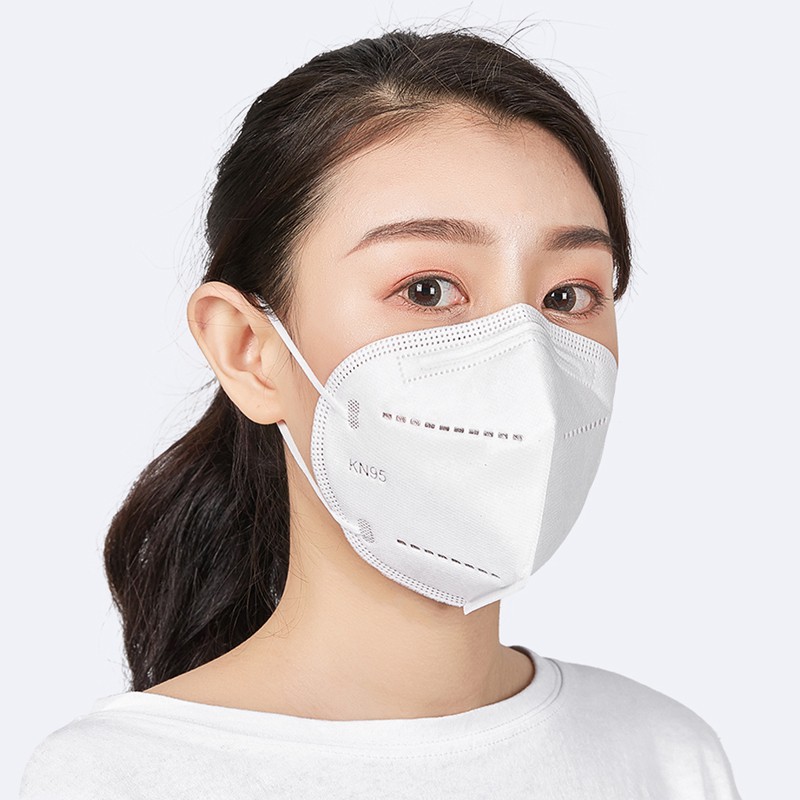Not so long ago, surgical masks and respirators were exclusively worn by healthcare providers and other workers in related fields. However, due to the Covid-19 pandemic, many protective face coverings such as the KN95 and surgical face masks have become a common sight to many people.
But, what’s the difference between the two face masks? What kind of protection against coronavirus do they offer? Read on to find the difference between the KN95 and surgical face masks.
KN95 Face Mask

A KN95 face mask is closely similar to the N95 face mask. They both filter about 95% of airborne particles. However, the main difference between these two masks lies in their certification. An N95 face mask is US-certified while a KN95 is China-certified. Though this is the case, you can still buy FDA certified KN95 masks online today.
Generally, the KN95 respirators are higher standard face masks than a typical surgical mask. This is because the KN95 covers undergo a rigorous certification process by the FDA before they can be used. Another thing to keep in mind is that the KN95 mask is classified as a filtering facepiece respirator.
Here are a few things that you should know about KN95 respirators.
- Since they are negative pressure particulate respirators, they come with a filter, which is a vital filtering medium. This means that the KN95 respirators can protect against the tiniest particles, including penetration of coronavirus through aerosol or respiratory fluids.
- KN95 face masks offer more protection against coronavirus than standard surgical masks (or any other face mask for that matter) since they have been designed to fit and filter out particles of all sizes.
Surgical Face Masks

Surgical face masks, also known as medical masks, are loose-fitting facial coverings designed to cover both the mouth and the nose. Surgical face masks are fluid resistant and protect against respiratory droplets, sprays, and splashes. As such, surgical masks should be disposed of upon first use.
Surgical face masks are designed to trap the wearer’s respiratory droplets from landing on a surface or on another person.
When it comes to limiting the spread of Covid-19, here are things that you should know about the surgical mask.
- Generally, the CDC does not consider surgical masks to offer much respiratory protection. This is mainly because surgical masks are not quite efficient in protecting the wearer from inhaling smaller airborne particles, primarily due to their design and the material used to make them.
- Surgical masks are tested as per international ASTM F2100-19 standards. These standards stipulate the efficiency of bacterial filtration of a medical cover, sub-micron particulate filtration efficiency, resistance to flammability, and differential pressure.
Because of this, surgical masks are often grouped into low barrier protection masks, moderate barrier protection masks, and maximum barrier protection masks.
It’s worth noting that disposable masks look closely similar to surgical masks. However, they are not tested for fluid resistance and are not cleared for use by the FDA and CDC.
Bottom Line-Difference Between KN95 and Surgical Face Masks
Both face masks are efficient in protecting the wearer from contracting the coronavirus. However, they differ significantly in the way they have been created. On one hand, KN95 face masks have been designed with top-notch materials and certified by both the FDA and CDC.
On the other hand, surgical masks have not been approved for protection against smaller respiratory droplets and are often made of lesser quality materials.




